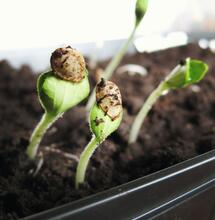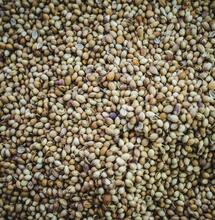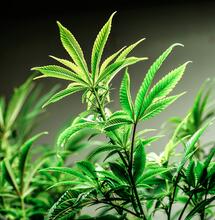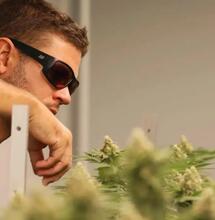Hemp has Potential as a Pesticide

New research into alternative uses of hemp have shown that cannabinoids found in the plant may one day form the basis for new natural pesticides. This is in accordance to a new study carried out by Cornell University's College of Agriculture and Life Sciences.
The study uncovered hemp leaves with a higher concentration of cannabinoids displayed less chewing damage from insect pests than leaves that contained less cannabinoids.
The researchers hope that further study could produce new natural insecticides, most likely for use on non-edible plants only.
Plant breeder and professor at CALS, Larry Smart commented that whilst scientists have investigated both the intoxicating and medicinal effects of cannabinoids, very little research has been carried out in order to fully identify why cannabis plants ever developed these distinct substances.
"It has been speculated that they are defensive compounds because they primarily accumulate in female flowers to protect seeds, which is a fairly common concept in plants. But no one has put together a comprehensive set of experimental results to show a direct relationship between the accumulation of these cannabinoids and their harmful effects on insects,"
Cornell's Hemp Breeding Program Launched in 2017. The program set out to evaluate the various commercially unrestricted hemp cultivars so that suggestions could be made to farmers about which varieties would be best suited to local soil environments and climate.
The researchers detected that some types of hemp sourced from a breeding program in Ukraine did not produce cannabinoids and were all highly sensitive to damage from Japanese beetles. Other hemp varietals that do have cannabinoids were found not to be so susceptible to such damage from the insects.
The researchers then isolated CBDA and CBGA for controlled insect feeding studies. THCA could not be studied as part of the research due to the strict federal limits on THC in hemp crops.
The cannabinoid extracts were added to a manufactured insect diet in differing concentrations. The researchers found that insect larvae grew less and had lower survival rates as the cannabinoid concentration was increased.
"The study gives us insight into how cannabinoids function in natural systems and can help us develop new THC-compliant hemp cultivars that maintain these natural built-in defences against herbivores," George Stack, a postdoctoral researcher and one of the authors of the new study.
Further investigation is planned to determine if sap-sucking insects like aphids are also negatively affected by cannabinoids. However, it has been noted that the research is being hampered by the persistent illegal status of cannabis at the federal level.
"The potential use of cannabinoids as a pesticide is an exciting area for future research"
_11zon.jpg)











